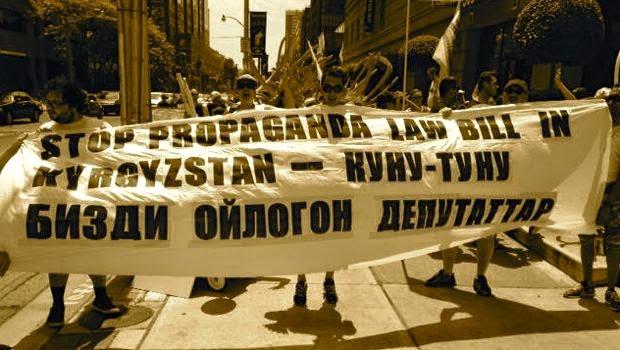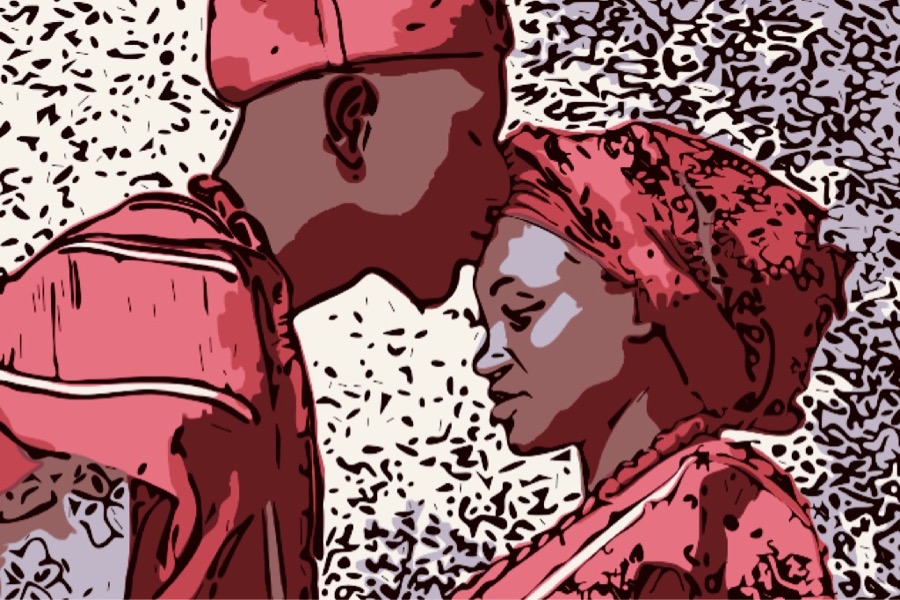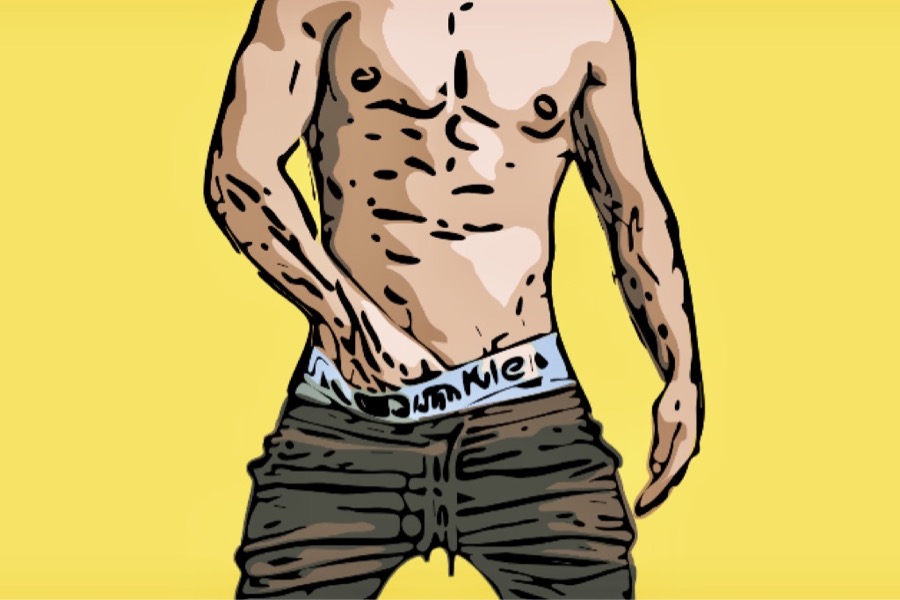Russia is trying to spread its homophobia more and more, especially in Eastern Europe and the former Soviet Asian states. Among them, Kyrgyzstan is discussing these days a package of bills that seems to be photocopied by the ones approved in Russia last year, but with some detail which make them even worse. There are few activist opposing these laws openly. Among them, Dastan Kasmamytov, who will present Saturday afternoon the situation of his own country at a conference in Rome organized by the association Certi Diritti in collaboration with ilgrandecolibri.com (Antonio Stango, who follow the the UN Human Rights Committee’s works for the Transnational Radical Party, will also partecipate). We interviewed Dastan Kasmamytov for more information and to find out how to support the work of Kyrgyz activists.
How is the daily life of LGBT people in Kyrgyzstan? Actually, does the state recognize some right to LGBT people?
Daily life of LGBT people is very hidden, there are only few people who are out. This is due to widespread prejudice, violence and hate. De jure LGBT people have the same rights since the Constitution prohibits discrimination on any grounds (without mentioning sexual orientation and gender identity though), however de facto LGBT face stigma, hate, and violence everywhere: at home, at work, at schools, and so on. Moreover, the situation is worsened because of police brutality towards LGBT that was well documented in recent Human Rights Watch report (hrw.org).
Which are the worst cases of discrimination?
The worst cases of discrimination, hate and violence are faced by those, who experience stigma on multiple grounds, including sexual orientation, gender identity, social economic status, ethnicity, and so on. For instance, the daily life of a transgender sex worker, who arrived from rural areas or a life of a transgender person with disabilities is much more difficult than lives of other LGBT. Also, LGBT activists face hate and violence because of their visibility.
A new bill is currently discussed: what does it involve?
Basically, propaganda law bill that is discussed now is imported by Russia and copied word-to-word from similar Russian legislation. However, proposed law bill in Kyrgyzstan is much harsher: it implies imprisonment up to a year for any information about nontraditional sexual relations in mass media, internet and other sources. Moreover, unlike Russian propaganda law Kyrgyz bill prohibits propaganda to everybody, not only to minors.
This bill is not the only one that the parliament will discuss, is it?
The propaganda law bill is a part of legislative package imported from Russia and that undermine human rights, civil society and democracy in Kyrgyzstan, imposing threat to freedoms of speech, assembly, associations, right to information, and so on. In September our Parliament will discuss also a law bill on foreign agents. There were also attempt to pass a law bill on espionage and to block progressive bill on sexual and reproductive health and rights. Moreover, the Government also limited freedom of assembly by limiting public meetings and scapegoating activists, who are vocal about negative Russian influence.
How does Russia influence, directly or indirectly, the debate on LGBT rights in your country?
Russia plays a huge role on imposing a concept of “traditional, cultural and moral values” both globally and regionally. Russian politicians are effective in “behind the scenes” advocacy and directly influence our politicians. There is also a clear link between those who organized anti-LGBT meetings in front of the US Embassy and the Parliament, and Russian organizations, like Rossotrudnichestvo (RusAID) and the Institute of Eurasian studies. Moreover, Russia supports anti-Western, anti-LGBT, anti-Ukraine groups, who started to steadily occupy spaces mass media and social media. Russia is doing propaganda itself by paying local journalists to write hateful articles, bloggers to write hateful posts, paying nationalists to conduct anti-LGBT meetings.
Did religious authorities expressed their opinion on the bill?
Religious authorities (the muftis) issued a fatwa (religious legal opinion) in January with a clear incitement to hatred and killings of LGBT. This fatwa played an important role in forming public opinion, since many people in Kyrgyzstan are Muslim.
What can activists and groups outside Kyrgyzstan do to help your fight against this proposed bill?
Recently we issued communique for international community, where we proposed five ways to support us (docs.google.com). Firstly, you can spread information about propaganda law bill; secondly, you can speak up and act up; thirdly, you can advocate for better asylum policies for LGBT people from our country; moreover, donors should review their policies and programs in Kyrgyzstan; finally, international organizations and supporting governments must introduce sanctions towards homophobe personalities.
When a country approves or debates homophobic laws, many activists propose a boycott of the entire country: stop to travels in the country, stop to trade, stop to development aid… This kind of proposal is controversial: according to the ones, it is the only way to put a strong pressure on homophobic governments; according to the others, it is an ineffective and unfair measure, also because it penalizes even the not-homophobic population. What’s your opinion?
We are against such measures. If the country faces troubles because of such severe sanctions LGBT activists will be the first people to blame. This will not help us at all. Rather we propose restructuring budgets of development aid to make sure that it goes to vulnerable groups, and introducing concrete measures and sanctions (denial in visa, freezing their financial holdings abroad, and so on) against public homophobes, including those who proposed the bill.




